Prof. Rasko gives lecture at The Royal Society of NSW entitled “The Dawn of Molecular Medicine—Gene Therapy: past, present and future”
Over the next five years a possible 900% increase in Gene and Stem Cell Therapy approvals has been forecast. The convergence of substantial incremental technical advances towards combined cell and gene therapy has led to improved clinical outcomes in immune deficiencies, haemoglobinopathies, blindness, immunotherapies and other inherited diseases. An audit of cell, tissue and gene products with marketing authorization in 2018 worldwide identified 44 unique products, 37 of them are cell and tissue therapies (84%) and mainly autologous (55%).
The challenge of realizing the full potential of genetic understanding has been vital in overcoming the hurdles of efficient gene therapy. Since the first human clinical trial using gene technology in 1989, there have been nearly 3,000 approved clinical trials worldwide. The overwhelming majority of human clinical trials involves short-term gene expression or random integration of a therapeutic gene. Emerging technologies require controlled development in compliance with safety, regulatory and GMP requirements. More precise gene targeting tools were first described in the early 2000s. Targeted gene editing or replacement using Zinc Finger Nucleases or TALENS have been tested in about a dozen clinical trials since 2009.
In parallel with objectively proven therapies, ‘stem cell tourism’ has become a billion dollar industry with increasing examples of false claims. Embryonic and induced pluripotent stem cells have been mired in controversy and clinical development has been forestalled. We reported an analysis of the global distribution of more than 400 unique businesses marketing stem cell-based interventions. Many of these online entities promote clinical applications of ‘stem cells’ beyond present-day standards of care. These data should be of immediate concern to governments and ethicists being lobbied to amend laws governing the manufacture, distribution and clinical use of human cell-based medical products. Unregulated, untested or unsafe stem cell ‘therapies’ place the field at a difficult crossroad. Blurring the lines that distinguish evidence-based cell therapies from those that are not remains a fundamental public health concern.
Highlights in the clinical cell & gene therapy field will be discussed with special reference to haemophilia, thalassemia, graft versus host disease and cancer.

